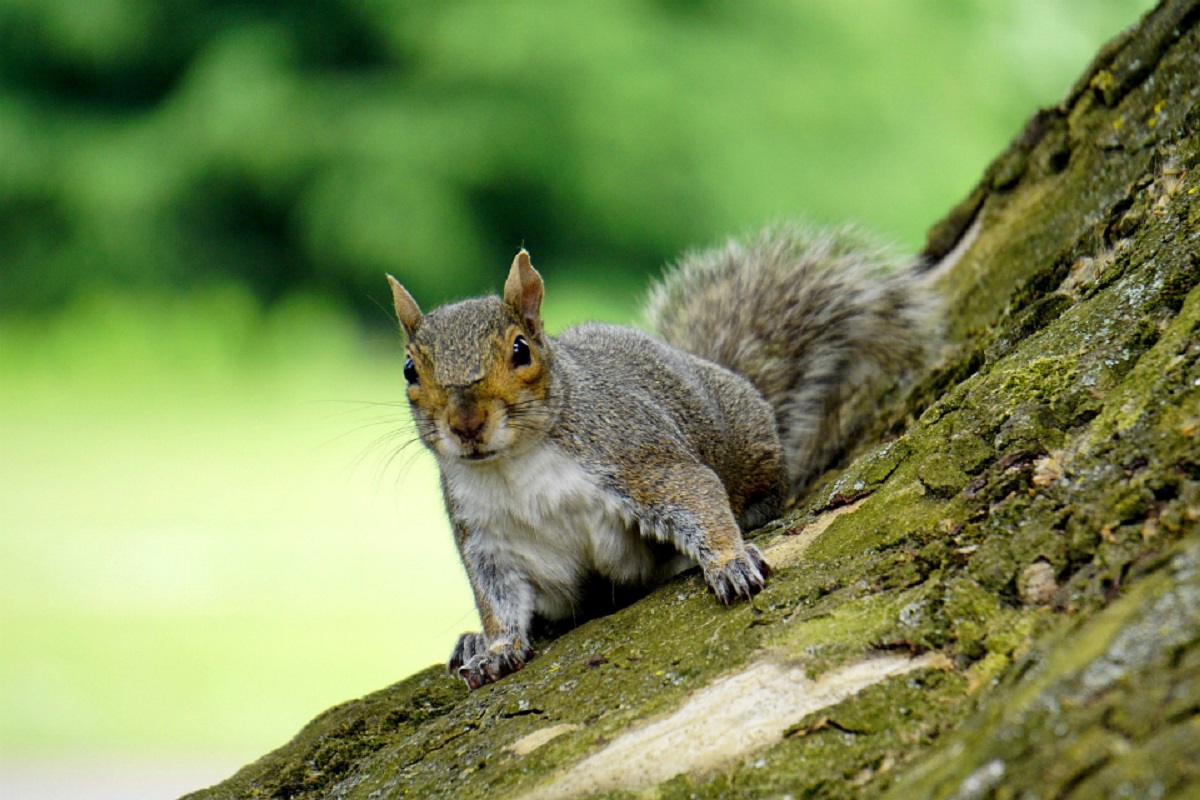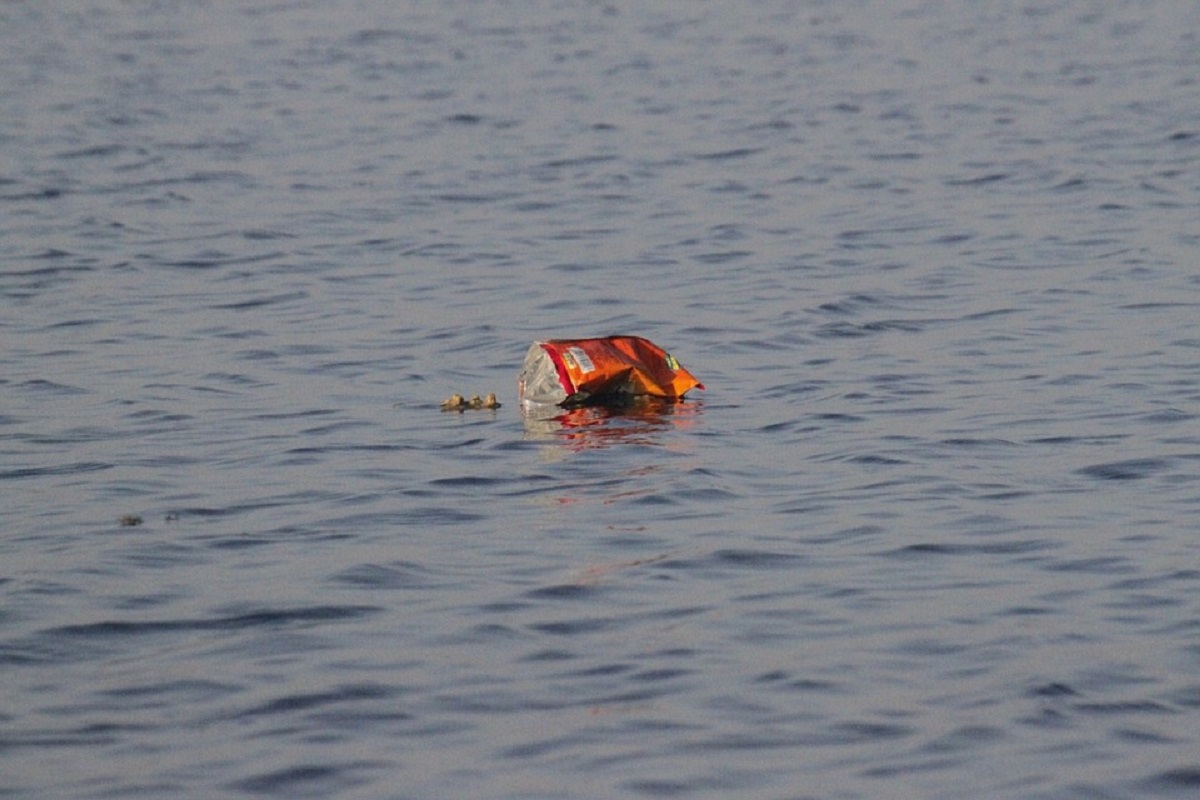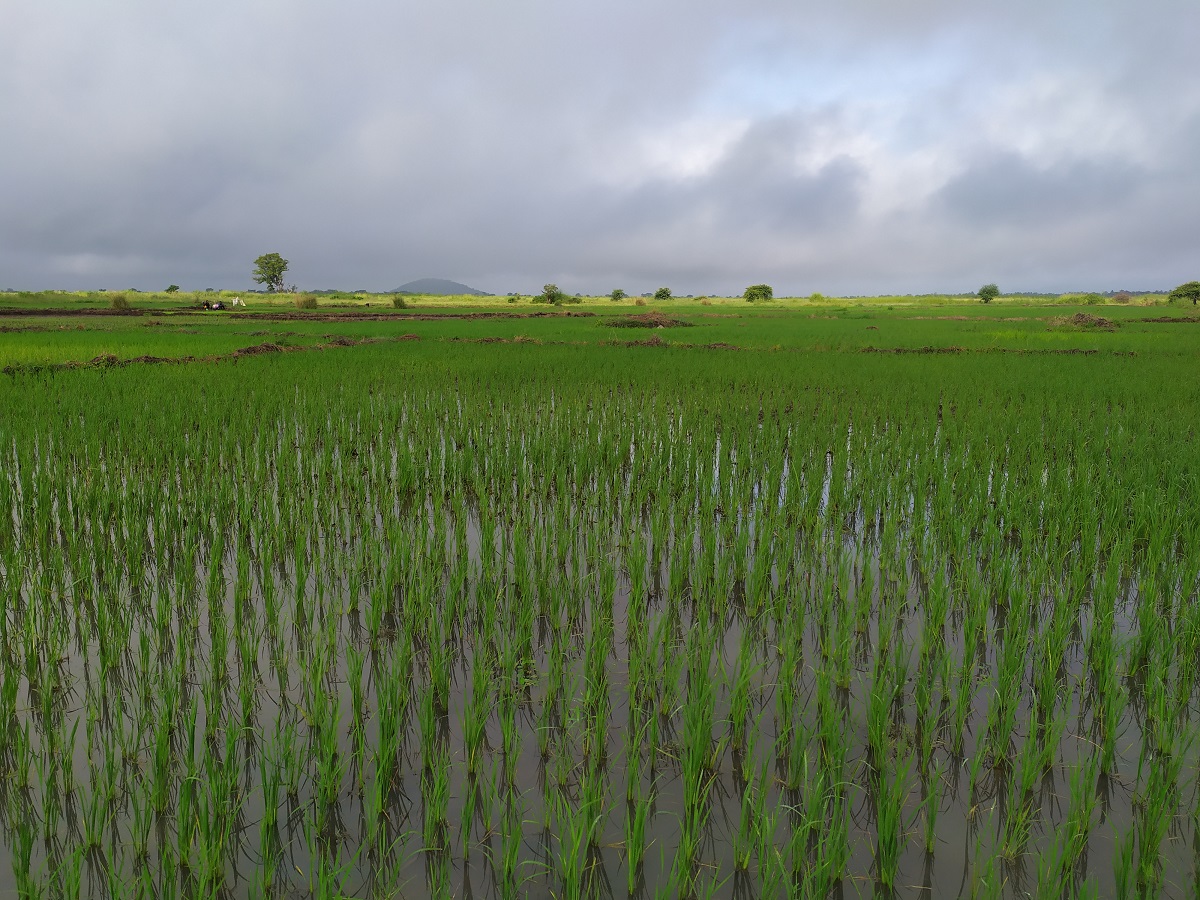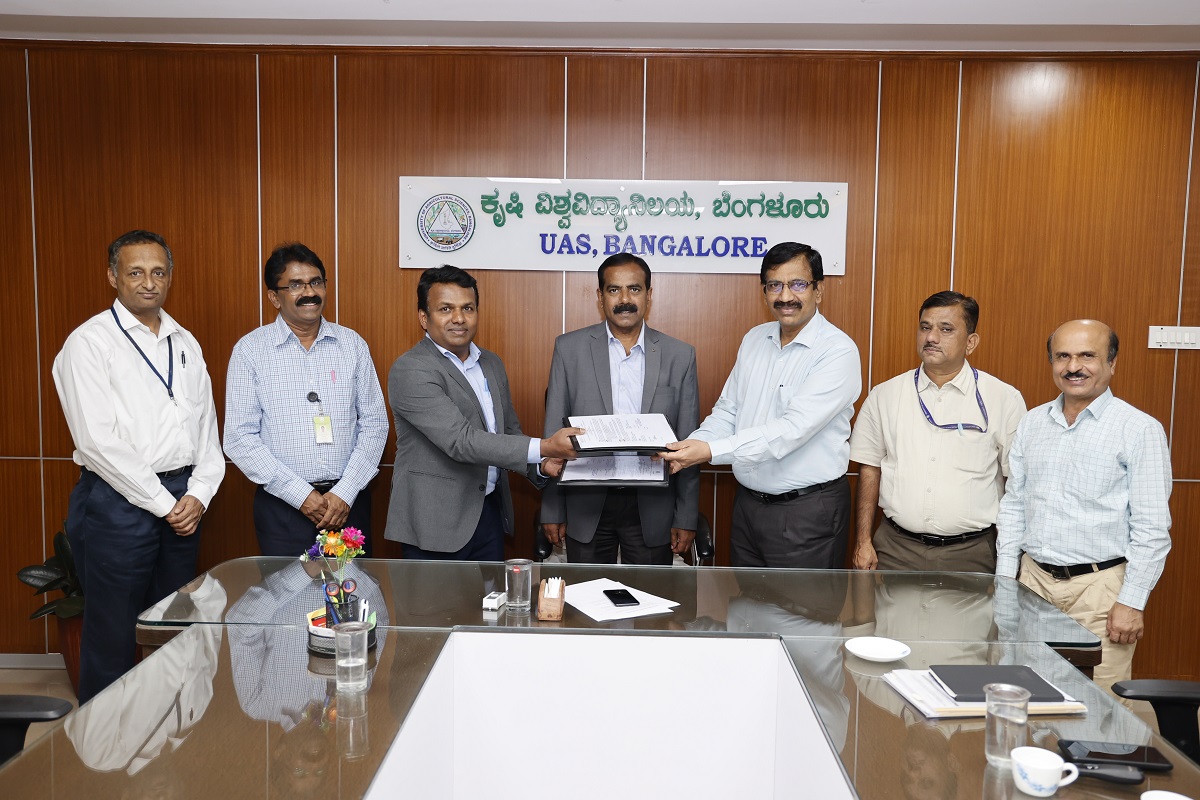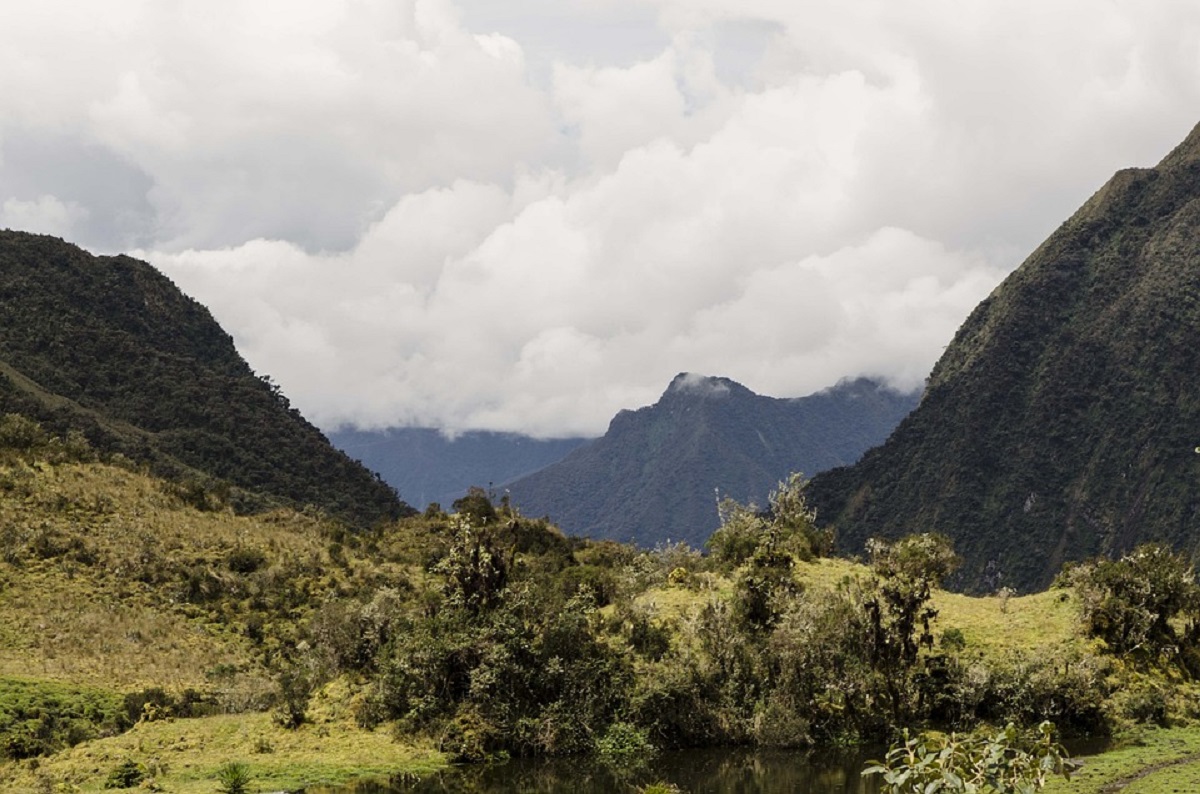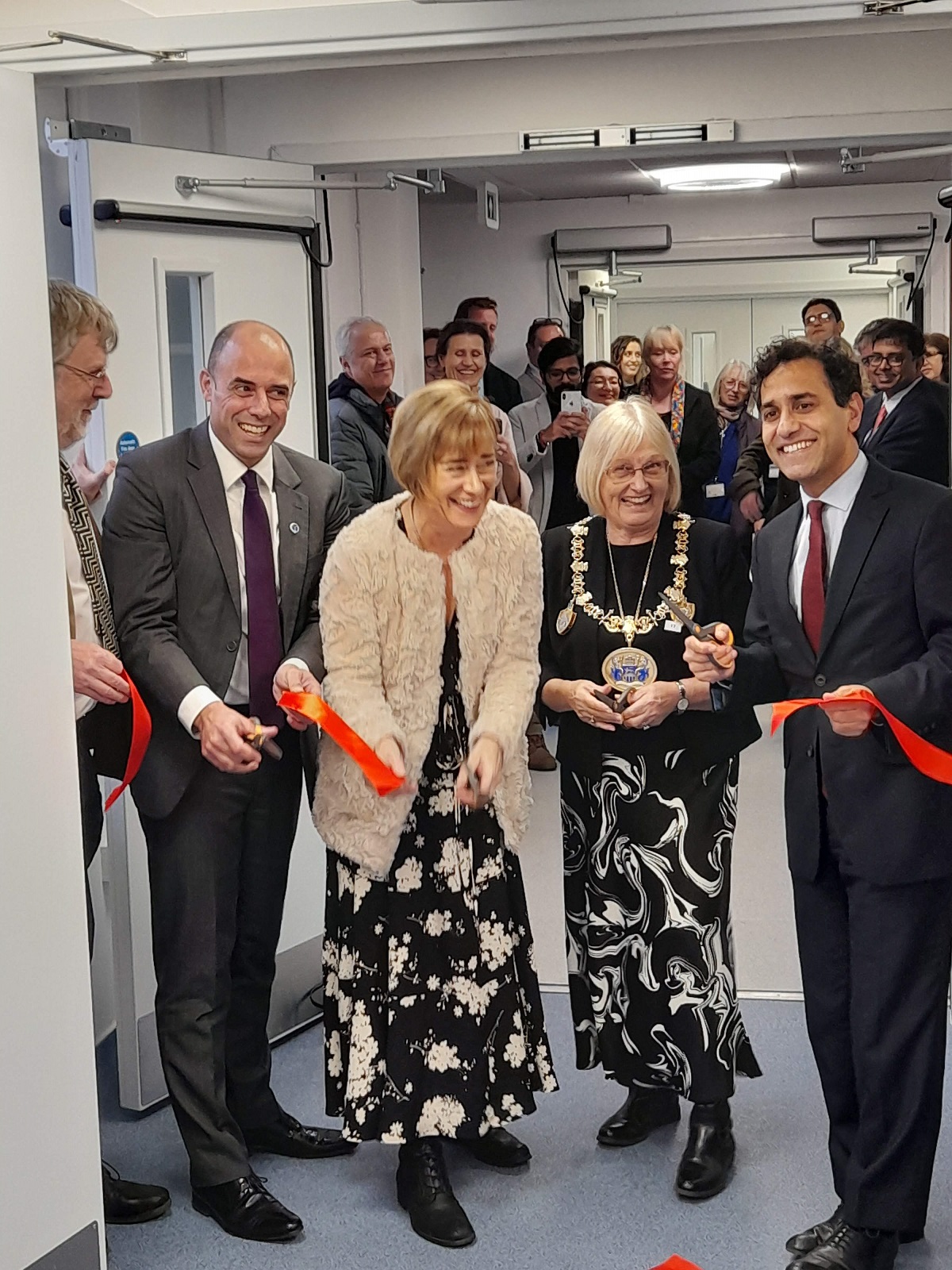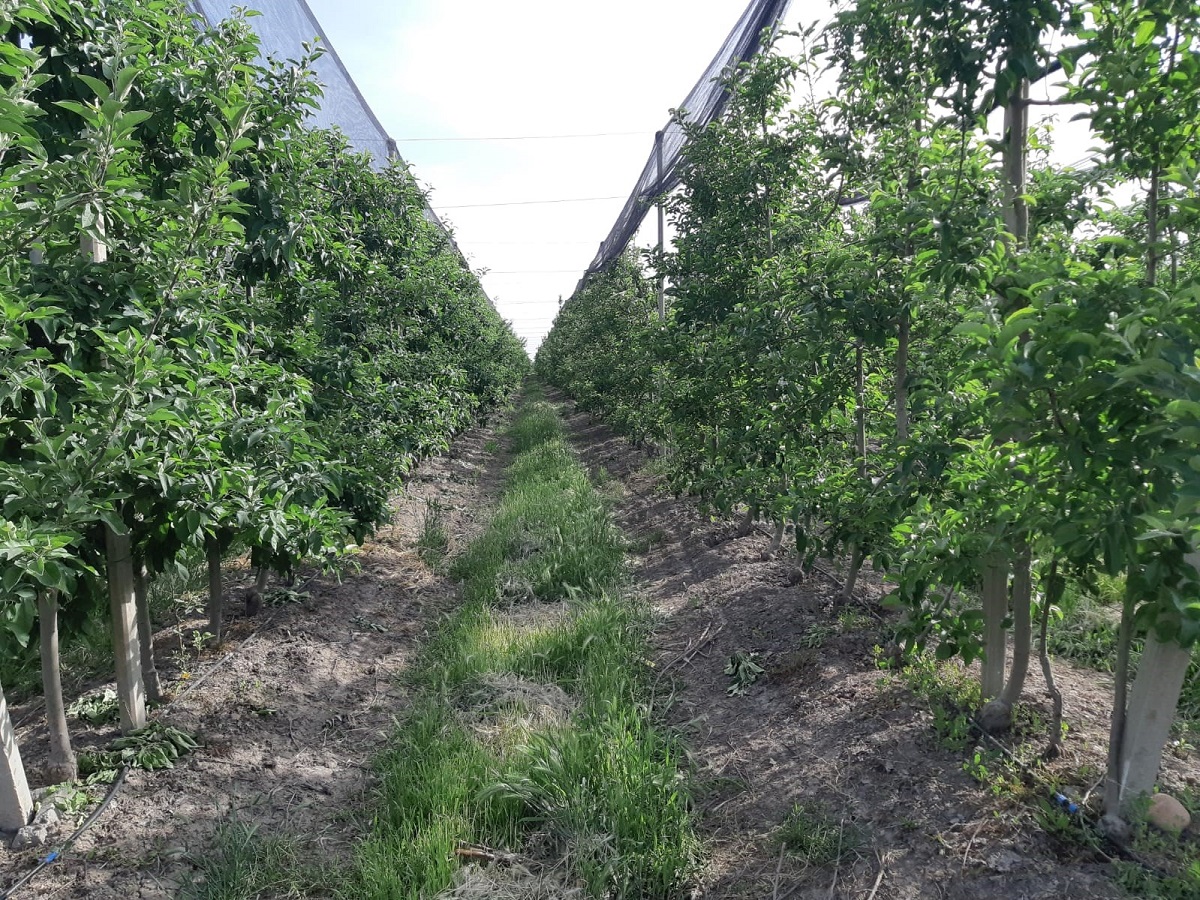News - 2023
NRI’s Food Accelerator Programme showcased its rising stars and new entrants - all of whom are developing plant-based food and drink products – at the three-day food and drink festival, held in the gardens of historic Rochester Castle.
A team from the Natural Resources Institute (NRI) has won a prestigious research grant from the UK Research and Innovation and Department for Environment, Food and Rural Affairs programme: ‘One Health approach to vector-borne diseases’. The aims of...
A momentous agreement was reached on 4th March 2023, when negotiators from more than 190 countries agreed on the first international treaty to protect the high seas, also known as the Biodiversity Beyond National Jurisdiction (BBNJ) agreement.
In early 2020, Harrison Hardy began his PhD on climate-adapted rice agricultural systems and was looking forward to various research trips to irrigated rice fields in Africa to research levels of malaria transmission. However, his travel plans were...
Prabath Jayasuriya came to the UK from his home country Sri Lanka, to follow his passion for chemistry by studying for his Master’s degree in Food Safety and Quality Management at NRI, University of Greenwich. It was a school science lesson, a lump...
Professor Maruthi Gowda has just signed an MOU – a Memorandum of Understanding – between the Natural Resources Institute (NRI), and the University of Agricultural Sciences Bangalore (UAS-B), to facilitate research, and the exchange of research...
NRI’s Dr Pamela Katic is the research lead for two projects in the Peruvian Amazon, both focusing on improving the nutrition and health of Indigenous Peoples through agroforestry systems and capacity building. Just back from a trip to present the...
The recent webinar on Food Systems for Improved Nutrition showcased research related to the Food and Nutrition Security Initiative (FaNSI) at NRI, complemented with a series of three external keynote presentations.
View the Webinar recording...
Food loss and waste (FLW) is a more complex problem than it seems. A seminar on 7 February 2023, attended by a wide range of global experts as part of the Food and Nutrition Security Initiative (FaNSI), considered some novel aspects of FLW and...
‘Reconciling agricultural intensification with environmental sustainability’. - 26 January 2023
This seminar on ‘Reconciling agricultural intensification with environmental sustainability’ was comprised of eight thematic talks, by...
On Tuesday 24 January 2023, Rehman Chishti, MP for Gillingham and Rainham and Cllr Jan Aldous, The Worshipful The Mayor of Medway, joined Professor Jane Harrington, Vice Chancellor of the University of Greenwich, to declare open the brand-new food...
In April 2022, NRI sent two of its experts to Uzbekistan to support farmers in solving agricultural pest problems in ways which minimise risks to people and the environment. Professor Richard Hopkins, Head of NRI’s Agriculture, Health and...



